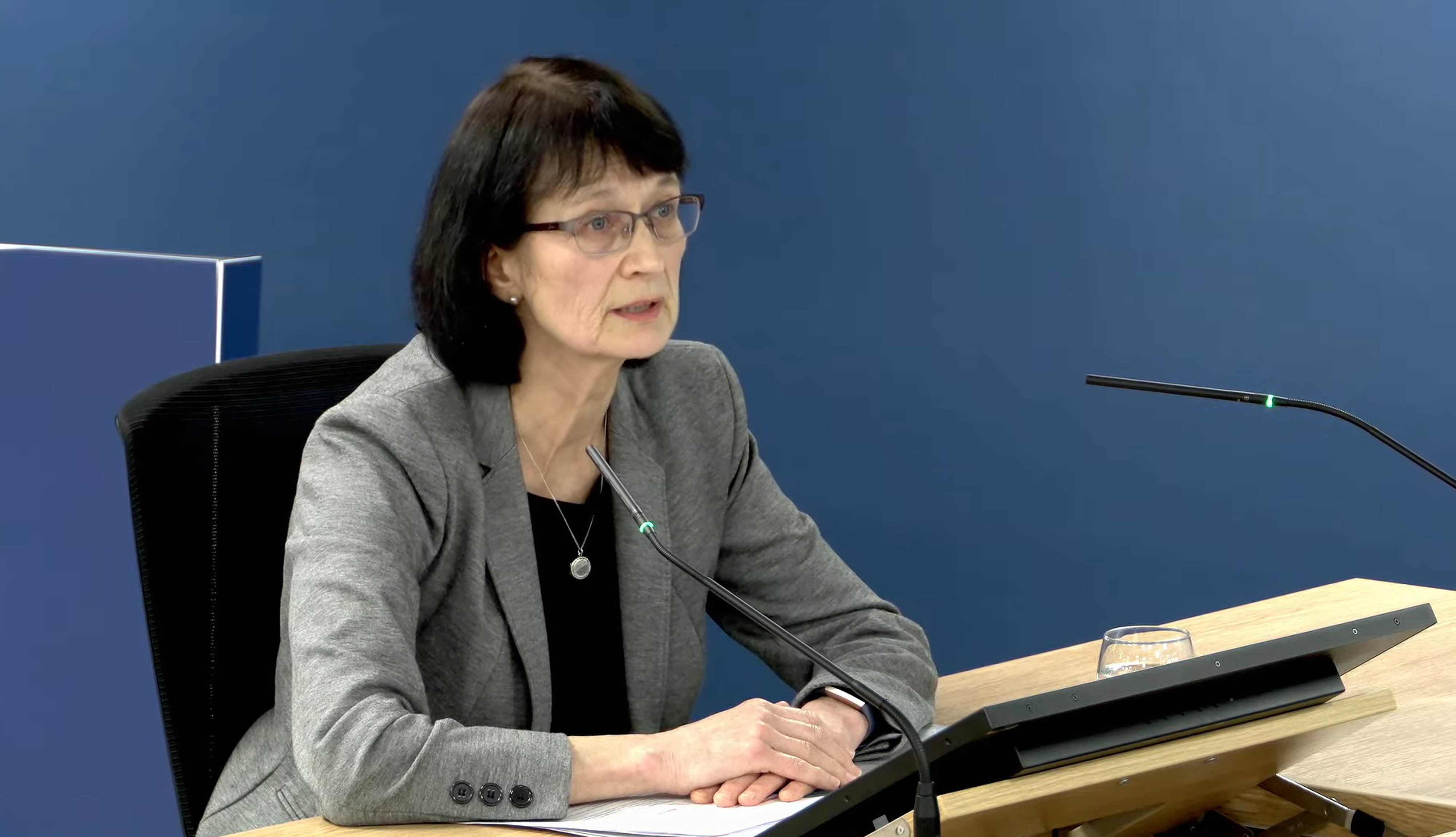Whooping cough warning issued as cases of infection soar in England
There were 553 new cases of whooping cough confirmed in January alone – up from 858 in whole of 2023

Your support helps us to tell the story
From reproductive rights to climate change to Big Tech, The Independent is on the ground when the story is developing. Whether it's investigating the financials of Elon Musk's pro-Trump PAC or producing our latest documentary, 'The A Word', which shines a light on the American women fighting for reproductive rights, we know how important it is to parse out the facts from the messaging.
At such a critical moment in US history, we need reporters on the ground. Your donation allows us to keep sending journalists to speak to both sides of the story.
The Independent is trusted by Americans across the entire political spectrum. And unlike many other quality news outlets, we choose not to lock Americans out of our reporting and analysis with paywalls. We believe quality journalism should be available to everyone, paid for by those who can afford it.
Your support makes all the difference.Health officials have raised concerns over a sharp rise in the number of cases of whooping cough.
Also known as pertussis, or the “hundred-day cough”, the bacterial infection can be particularly serious for very young children, for whom it can even be fatal in very rare cases.
But with vaccination rates dropping among children and pregnant women, the UK Health Security Agency (UKHSA) warns that there were as many as 553 new cases of whooping cough identified in England in January alone.
That compares to just 858 cases in the whole of 2023, which were themselves a significant rise from the pandemic – when quarterly cases fell as low as zero.
January’s cases appear to put England on track to surpass the most recent peak year of 2016, which saw 5,949 infections. The worst year in modern records was in 2012, when 9,367 cases were recorded.
Symptoms are similar to a cold at first but after about a week patients will get coughing bouts that last for a few minutes and are worse at night. Young babies may also make a distinctive “whoop” or have difficulty breathing after a bout of coughing.
The condition spreads very easily and can sometimes cause serious problems.
Officials warned that the increase in cases comes at a time when there has been a steady decline in uptake of the vaccine against whooping cough in pregnant women and in children.
Parents have been urged to check that their child is vaccinated against whooping cough and the UKHSA is reminding pregnant women to get the vaccine so their babies are protected at birth.
“Whooping cough can affect people of all ages but for very young infants, it can be particularly serious,” said Dr Gayatri Amirthalingam, UKHSA consultant epidemiologist.
“However, vaccinating pregnant women is highly effective in protecting babies from birth until they can receive their own vaccines.
“Parents can also help protect their children by ensuring they receive their vaccines at the right time or catching up as soon as possible if they have missed any. If you’re unsure, please check your child’s red book or get in touch with your GP surgery.”
The vaccine is offered as part of the six-in-one jab when babies are eight, 12 and 16 weeks old.
The number of two-year-olds who completed their six-in-one vaccinations as of September 2023 is 92.9 per cent, compared with 96.3 per cent in March 2014.
Steve Russell, national director for vaccinations and screening at NHS England, said that people can contact their GP to book in a vaccination appointment.
People with symptoms should “ask for an urgent GP appointment or get help from NHS 111”, he added.
People with whooping cough are advised to stay at home for 48 hours after starting antibiotics, or three weeks after symptoms start if they have not had antibiotics.
Last week Professor Dame Jenny Harries, chief executive of the UKHSA, said that there have been 21 deaths among babies from whooping cough since 2012.

She told BBC Breakfast: “There are deaths now – so if we talk about whooping cough for example, pertussis, we can’t protect very tiny babies.
“We have a pertussis – whooping cough – vaccination for children, usually at eight, 12 and 16 weeks, but the very tiniest children, the newborns, are the ones who are most impacted and can get very seriously ill, so we need most children to be protected so that they can’t pass it on to their young siblings.
“There’s also a maternal programme and that maternal programme rate has dropped as well – it was introduced in 2012.
“We’ve had 21 neonatal/infant deaths since that time, the last one of which was just at the end of last year. Now most of those individuals, 19 of the 21, were not vaccinated.
“So I think it’s all of the vaccination programmes are there to help people and there are very real current consequences.”
Additional reporting by PA